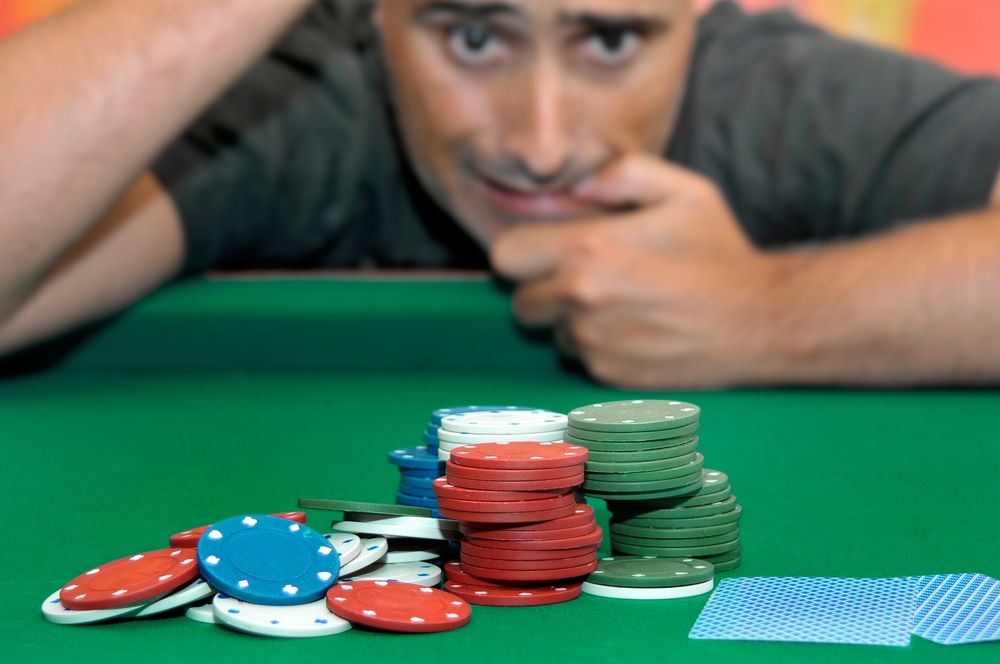What’s the Problem with Gambling?
Legal gambling is more accessible than ever before. While many people can enjoy occasional gambling responsibly, many others are vulnerable to problem gambling.
According to the New York State Office of Addiction Services and Supports (OASAS), nearly 668,000 New York adults have experienced a gambling problem within the last year.
These numbers are already troubling, but OASAS expects to see even greater increases due to the rise of online mobile and sports gaming, along with the widespread availability of lottery and casino gambling.
Understanding problem gambling and bringing a greater awareness to the issue are important steps in safeguarding individuals and families from succumbing to gambling behavior that can lead to potential devastation.
What is problem gambling? Engaging in gambling becomes a problem when it interferes with many aspects of a person’s life. Many people with a gambling problem experience mental distress, financial trouble, and strained relationships. Problem gambling can develop into a gambling disorder. A person’s gambling problem can affect anywhere from eight to 10 people in their lives, significantly widening its impact. The good news is that problem gambling is an addiction that is diagnosable and treatable.
What are some signs of problem gambling? Problem gambling is also known as the “hidden addiction” because it can often be concealed from friends and family. While there are few outward signs, a person experiencing a gambling problem might show an increasing preoccupation with gambling, a need to bet more money more frequently, and a restlessness or irritability when attempting to stop gambling. Some people feel a loss of control as they continue gambling, despite having already experienced mounting, serious, and negative consequences of their gambling behaviors.
Does the type or frequency of gambling matter? The National Council on Problem Gambling notes that individuals’ inability to control their gambling is what causes problem gambling, so any gambling activity, as innocent as it may seem, can become problematic. Further, if a person’s gambling habits compromise, disrupt, or damage their personal, family, or vocational pursuits, then that person has a gambling problem, regardless of how frequently or infrequently they make a wager.
What help is available if you or someone you know might have a gambling problem? The Western Problem Gambling Resource Center (PGRC) helps connect people who have been adversely affected by gambling with services that can help them. These services are available to anyone struggling with gambling-related problems, regardless of their ability to pay. Private-practice counselors, treatment facilities, recovery groups, and other community services throughout Western New York make up a vast referral network. When people call 716-833-5380 or email WesternPGRC@nyproblemgambling.org, they connect with knowledgeable staff who listen and connect them to the resource that will best meet their needs.
In an effort to increase the community’s awareness about problem gambling, the Western PGRC also offers free training and educational resources to any person or organization who is interested. For more information about problem gambling in New York, visit www.NYProblemGambling.org.











